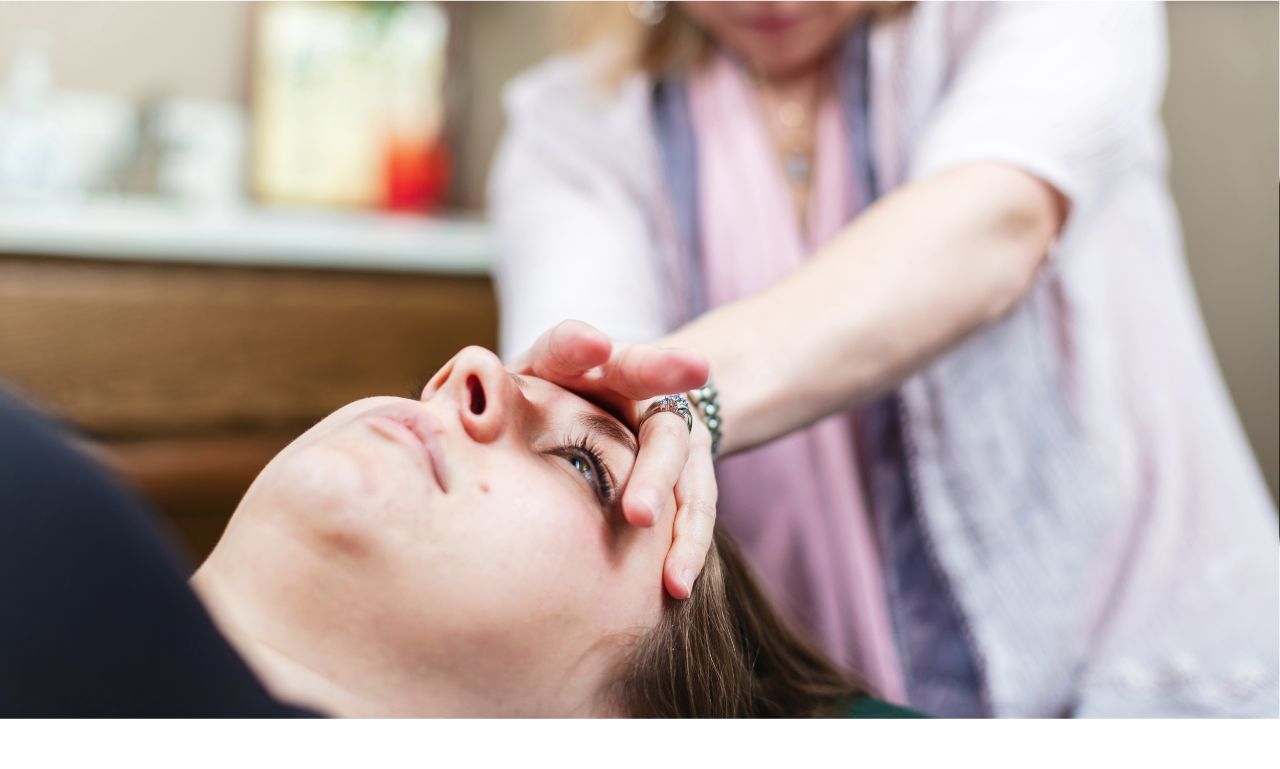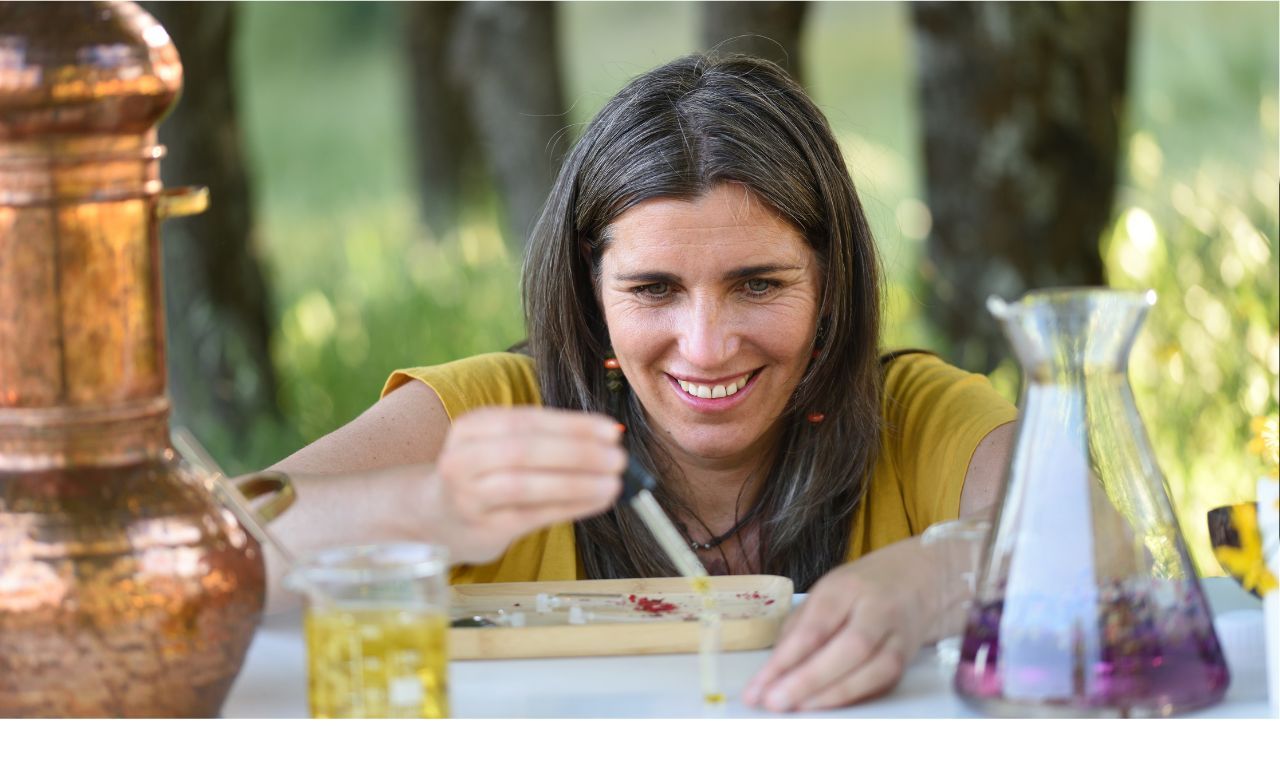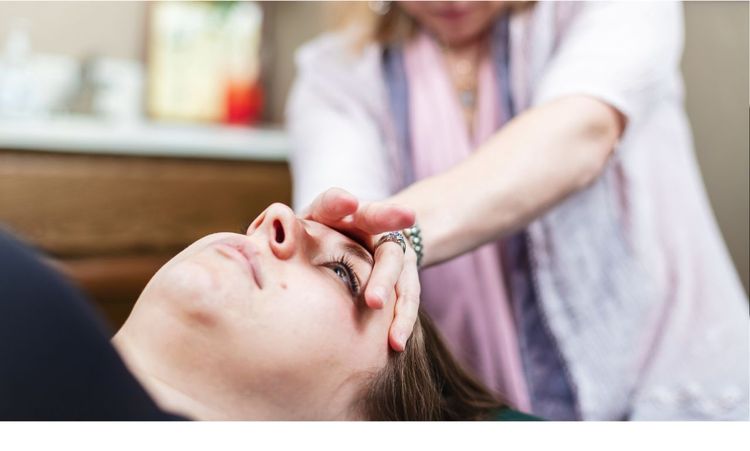Naturopathic medicine is gaining global popularity, especially in Germany, where it's recognized for its focus on natural healing methods. As people continue to seek alternatives to conventional medicine, pursuing a career in naturopathy offers a rewarding opportunity to help others achieve wellness through holistic approaches. Many students worldwide are drawn to Germany for its high educational standards, the prestige of its universities, and its strong emphasis on practical experience.
But what does it take to study naturopathic medicine in Germany? What are the best schools, and how do you become a naturopathic doctor?
Heilpraktiker Schools

In Germany, Heilpraktiker is the term used for naturopathic practitioners who operate under the country's alternative medicine laws. These practitioners offer treatments that focus on natural therapies like herbal medicine, acupuncture, homeopathy, and physical therapies.
To become a Heilpraktiker, one must pass a rigorous examination that tests knowledge of medical theory, diagnostics, and practical skills. This examination is required for anyone wanting to work as a naturopathic doctor in Germany.
Several institutions specialize in training students to become certified Heilpraktiker. While many of these schools focus on offering the necessary skills to pass the exam, others also provide comprehensive education in various alternative medicine disciplines. Let's explore the top naturopathic medicine schools in Germany.
European College of Normal Well-being Sciences
The college offers a highly structured curriculum that blends theoretical knowledge with practical skills. ECNWS focuses on incorporating natural medicines into daily care at the expense of natural healing cycles and holistic healing. It provides the students with comprehensive modules on alternative medicines like herbal medicine, acupuncture, and physical therapies, among others.
With high academic standards and a reputation for producing qualified practitioners, ECNWS attracts local and international students who seek a career in naturopathy. The college integrates distance learning and clinical practice, which not only enables students to learn theoretical knowledge but also helps them gain practical skills in real-world settings.
Rosenheim University of Applied Sciences
Rosenheim University has a practical learning orientation and incorporates clinical facilities in its programs to graduate job-ready students. The university's program combines naturopathic theory with practical skills, preparing students to work in diverse healthcare settings, including clinics, private practices, and wellness centers. Rosenheim also provides specialized courses in natural therapies, such as nutritional counseling and rehabilitation through physical therapy.
One significant advantage of Rosenheim University is its partnership with various medical centers and wellness clinics, which offers students a range of clinical experiences and patient care opportunities during their studies.
Paracelsus Schools
Paracelsus Schools offer a variety of programs focused on natural healing, including courses on acupuncture, homeopathy, physical medicine, and more.
What makes Paracelsus particularly unique is its commitment to a holistic approach. It offers a blend of academic learning and hands-on clinical practice. Students are encouraged to engage in practical skills early in their education, making Paracelsus an excellent option for those who prefer an experiential learning style.
Paracelsus also offers flexible study formats, including full-time and part-time programs, which cater to a wide range of students, including those who may already be working in related fields or who need a more flexible schedule to accommodate other commitments.
Free University of Berlin
The Free University of Berlin is renowned for its interdisciplinary approach to education, including natural therapies and alternative medicine. While it offers a more traditional medical curriculum, the university also integrates naturopathy and alternative medicine into its programs.
Students who attend the Free University of Berlin benefit from its close ties to various research institutions and medical centers. This gives students access to cutting-edge research in natural healing and the chance to collaborate with healthcare professionals from multiple fields.
Technical University of Munich (TUM)
TUM is one of Germany's top universities, and it has just expanded to encompass the practice of integrative medicine. Even though the core focus of the university is traditional medical practices, it also conducts courses and workshops on complementary treatments, making it an excellent choice for those looking to study traditional as well as alternative medicine.
TUM offers a comprehensive medical curriculum that exposes students to complementary practices like acupuncture and herbal medicine, preparing them to be holistic health practitioners who can operate across various settings.
Ludwig-Maximilians University
Its concept for medical schooling is to get a good education in both traditional or mainstream as well as non-traditional or alternative approaches to medicine. It is principally traditional medical training but the institution does offerectives and room for students to pursue naturopathic styles of healing.
LMU's strong network of medical practitioners and researchers provides students with access to valuable resources and knowledge in alternative medicine. This makes it an attractive option for those looking for a blend of traditional and naturopathic education.
Freiburg University
Freiburg University has several different programs centered around integrating natural therapy with mainstream healthcare procedures.
Freiburg is particularly interested in environmental health and well-being and is, therefore, a good choice for students interested in the interface of naturopathy and the environment. The university also offers an overall curriculum with integrative medicine, alternative therapy, and patient care courses.
University of Hamburg

The University of Hamburg is known for its high academic standards; the university combines theoretical knowledge with practical applications, making it an excellent choice for future naturopathic doctors.
Hamburg is a hub for medical research and innovation, and the university's connections to the medical community ensure that students have access to valuable resources and hands-on experiences.
Hannover Medical School
Hannover Medical School offers a robust program that combines conventional medical education with complementary therapies. While the primary focus is conventional medicine, students can participate in elective courses that introduce them to various naturopathic practices and natural healing methods.
The university is recognized for its clinical research and practical training, making it a great choice for naturopathic doctors who want to work in a modern healthcare setting.
How to Become a Naturopathic Doctor in Germany?
Becoming a naturopathic doctor in Germany requires more than just academic qualifications. To practice as a Heilpraktiker, individuals must pass the official German medical examination for naturopathy. This includes testing knowledge in anatomy, diagnostics, and therapeutic techniques.
Step-by-Step Guide:
- Complete an accredited program: Enroll in a naturopathic medicine program at one of the top schools listed above. These programs typically range from two to four years, depending on whether you pursue part-time or full-time study.
- Clinical experience: Gain practical, hands-on experience in medical centers or wellness clinics to refine your skills.
- Pass the Heilpraktiker exam: After completing your training, pass the examination administered by the local health authorities in Germany. This exam tests both theoretical knowledge and practical abilities.
- Apply for a license: Once you pass the exam, you can apply for a license to practice as a naturopathic doctor in Germany.
Which Country Is Best for Naturopathy Doctors?
Germany is among the top countries globally for learning naturopathy because of its high-quality educational sector, numerous healthcare facilities with extra courses, and strong professional organization network. Germany's healthcare sector highly values natural therapies in harmony with conventional medicine, and hence, an extensive network of opportunities for naturopathy professionals exists.
Who is the German Pioneer for Naturopathy?

One of the most influential figures in German naturopathy is Sebastian Kneipp, a Bavarian priest who developed the Kneipp Therapy. This natural healing method combines hydrotherapy, herbal medicine, and physical exercises. Kneipp's work laid the foundation for many naturopathic practices that are still used today.
Conclusion
Germany offers the best education for those who wish to become naturopathic doctors. Its highly regarded schools and emphasis on practical experience make studying naturopathy in Germany a holistic route to becoming a skilled naturopathic doctor. Whether you are an international student or a local, the programs offered by Germany's top naturopathic medical schools will equip you with the theory and hands-on training required to succeed in this growing field of natural healing.
Also Read: 10 Best Bedtime Books for 6-Year-Olds




